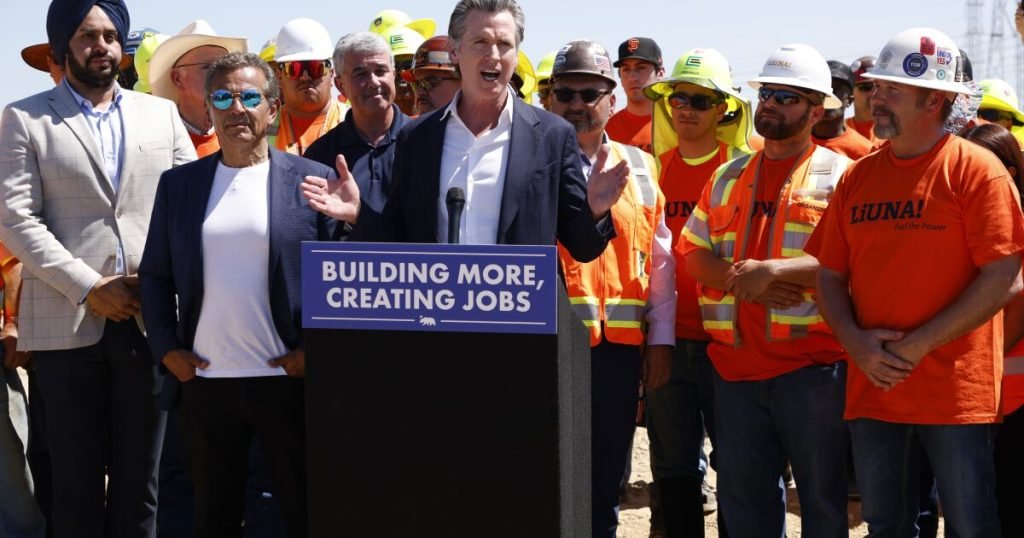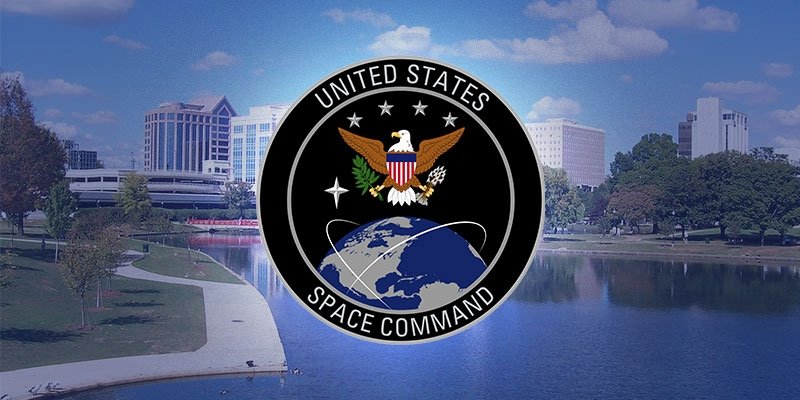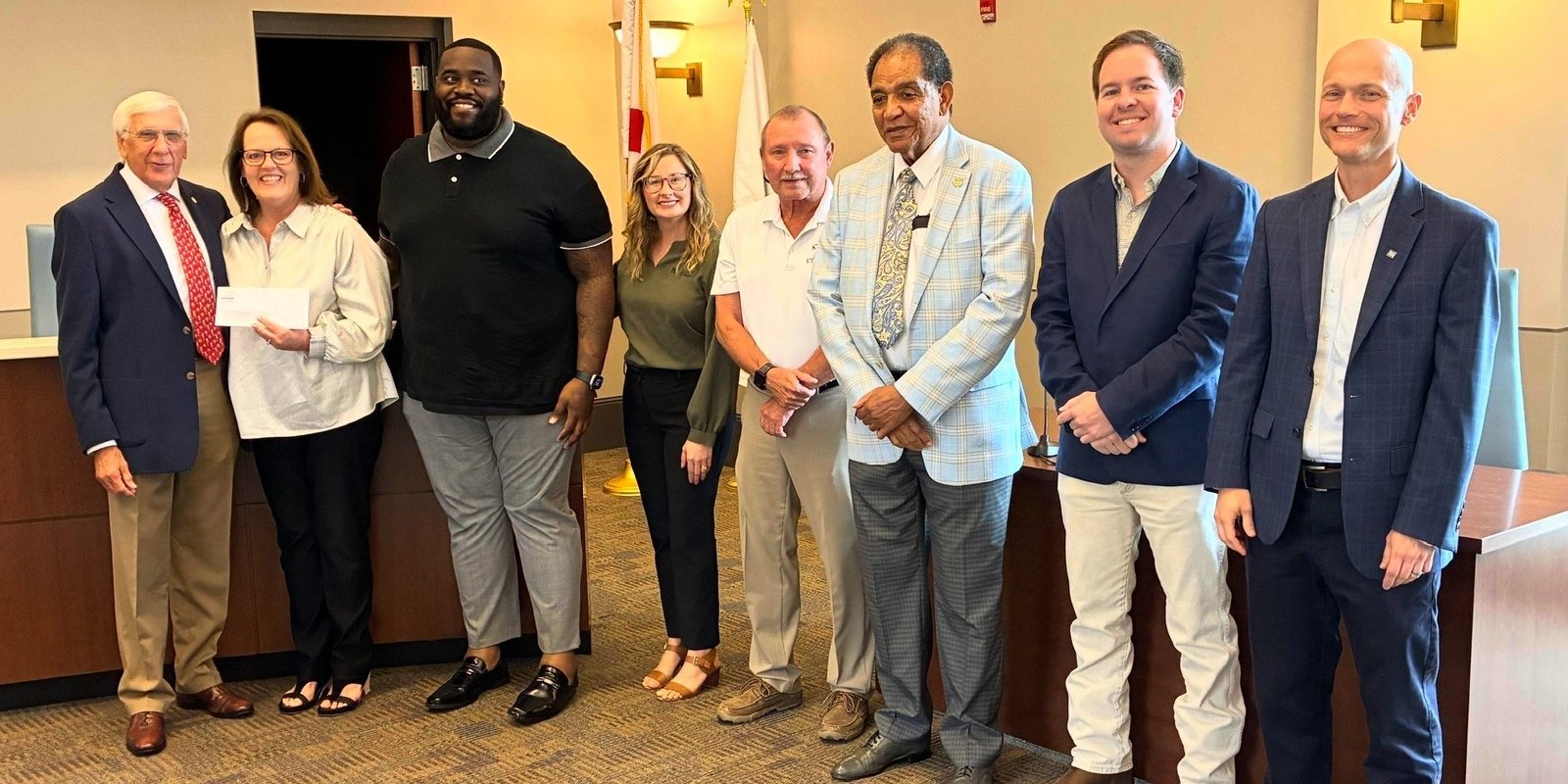It’s hard to take Governor Gavin Newsom’s proposals to streamline construction seriously.
Last month, the governor announced the state’s plans at a glamorous press conference at a future solar farm site in the Central Valley. “Most Ambitious Permit and Project Appraisal Reform in Half a Century” He said the reforms would cut project timelines by more than three years, save hundreds of millions of dollars and eliminate thousands of pages of paperwork. It sounded promising.
California desperately needs to build transportation, clean energy, and water infrastructure faster and cheaper. Important projects can get bogged down in bureaucracy and lengthy litigation, wasting time and money. With the Biden administration set to spend billions on construction and climate projects over the next few years, states must remove unnecessary hurdles that slow approvals and construction and find ways to get funding faster. There is
But Newsom stepped forward and missed the target. 11 infrastructure bills It’s a hodgepodge of suggestions. Most of them are highly technical, and many are vague, redundant, or give governments new mandates to expedite selected projects. He is urging lawmakers to adopt these bills as part of the budget. That means until June 15th, or shortly thereafter—there is very little time left for research and meaningful public opinion.
With the governor rushing to enact legislation on a half-baked plan in less than a month, the whole package feels more like political drama than serious policymaking.
During four days of public hearings on the bill last week, disgruntled lawmakers repeated the same question: Why would governors rush through complex law and policy changes in a matter of weeks? Why is there so little time for public opinion and analysis? What is the urgency?
The Newsom administration’s answer was not convincing. California will be “de-prioritized” for federal funding if it can’t deliver the project more quickly, officials said. OK, what funds are at risk? What specific projects need to go faster? The administration won’t say. They said California is well behind its climate change goals and needs to act now. So what efforts would be at stake if lawmakers passed the bill through the normal deliberative process in August or January instead of this month?
When Newsom unveiled the streamlining proposal, he characterized it as essential to improving people’s lives and restoring confidence in government’s ability to meet the threats posed by climate change. He’s right when people say they want more from their taxpayer dollars.
But Newsom and other leaders argued that some of these cumbersome processes were also designed to restore trust after governments allowed them to trample communities and ecosystems in the name of progress. cannot be ignored. As California unravels some of its red tape, state leaders must do so through a transparent deliberative process.
It was clear throughout last week’s hearings that trust remains central to these discussions. Supporters oppose the governor’s proposal to build a $16 billion tunnel under the highly controversial Sacramento-San Joaquin River delta to bring water to Southern California. I am concerned that it will disrupt local communities. Some worry that highway expansion, which does nothing to combat climate change, will make it easier to destroy homes and businesses.
Some of the governor’s proposed changes would streamline the existing California Environmental Quality Act of 1970, which requires developers to disclose the environmental impacts of their projects to mitigate the harm they may cause. Effort-based. Legislators have previously granted a fast track to settle CEQA lawsuits in nine months instead of a year or more for some projects, including sports stadiums and corporate headquarters. Newsom wants to allow faster court schedules in water, transportation, clean energy, semiconductors and microelectronics. project he chose.
Another proposal would allow government agencies to exclude internal emails and text messages from official administrative records. The Newsom administration argued that this would save time and human resources if the agency did not have to collect and review emails when collecting all the documents leading up to a CEQA decision. ing.but it is Not sure if proposed Save time anytime. Internal communications are public records, and a sensible CEQA attorney could simply request that public records be obtained.
I have other suggestions rush large-scale construction Rather than bidding on each stage of the development process, it allows agencies to contract companies to design and build projects. Lawmakers have already authorized the process for some projects. Newsom wants state agencies to be able to use design-build contracting for eight water and transportation projects, which sounds like a reasonable request. But is it so urgent that the usual analysis and discussion should be avoided?
If Mr. Newsom is willing to listen and negotiate, the governor’s proposal could result in worthwhile reform. Holding a press conference is easy. Passing good policies that bring about wise and lasting change is difficult, but far more valuable.
















